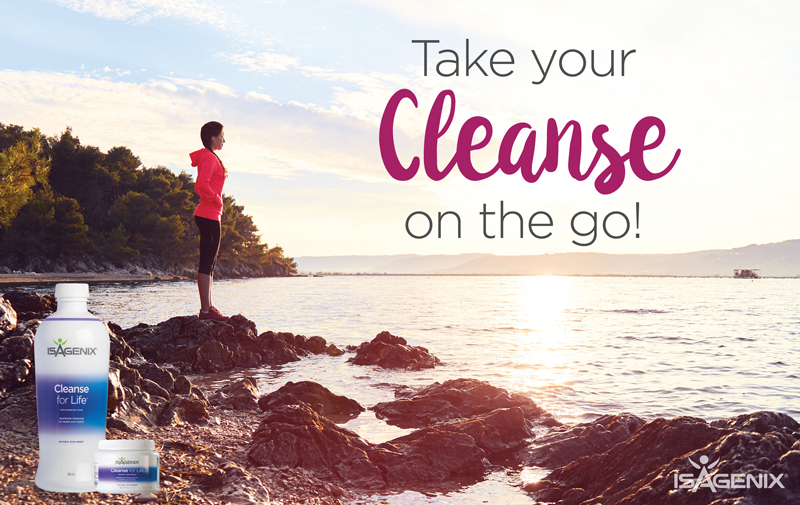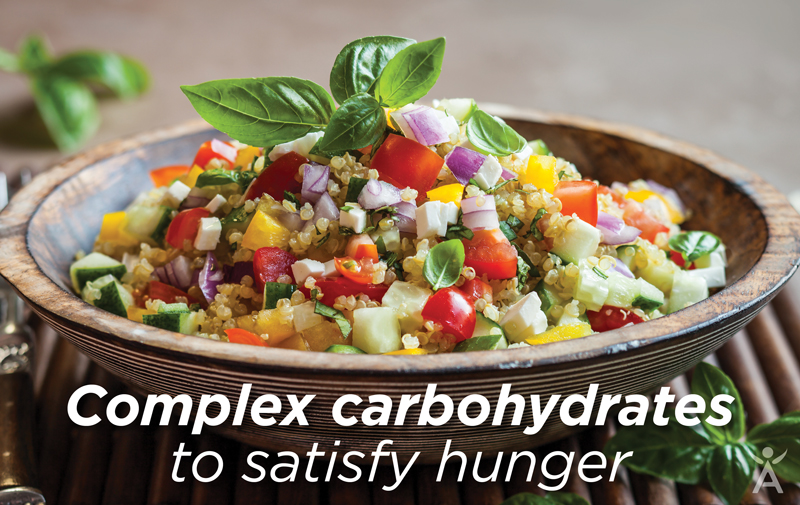Is having a drink while using an Isagenix program alright to do? It’s a reasonable and frequently asked question here at Isagenix® if drinking a favourite cocktail or glass of wine is okay when embarking on an Isagenix program. And the answer is yes! It is okay.
 Depending on your lifestyle, religious beliefs, and eating habits, you may or may not choose to have a drink every now and then. But drinking an alcoholic beverage here and there is a normal part of life for some people and doesn’t have to be completely abandoned. However, just like we want you to improve your dietary choices and eat healthier, we also want you to be mindful of choices you make around alcohol and choose wisely.
Depending on your lifestyle, religious beliefs, and eating habits, you may or may not choose to have a drink every now and then. But drinking an alcoholic beverage here and there is a normal part of life for some people and doesn’t have to be completely abandoned. However, just like we want you to improve your dietary choices and eat healthier, we also want you to be mindful of choices you make around alcohol and choose wisely.
Be mindful of moderation
Drinking alcohol, just like eating indulgent food, should not be an all or nothing approach. The key is moderation, and moderate alcohol consumption has been found to even have a health benefit by supporting cardiovascular health and the circulatory system (1, 2).
What is moderate? The Dietary Guidelines for Americans set it at one drink per day for women and two per day for men (3). One drink equates to 350mL of beer, 150mL of wine, and 45mL of 80 proof distilled spirits. Even though moderate alcohol drinking has been found to provide possible benefit to health, there is a fine line between that and drinking in a way that does not benefit health. Be aware of both types of drinking and be sure to stay on the safe, healthy side.
Be mindful of kilojoules
Another factor to keep in mind with drinking is the kilojoule contribution each drink provides. A glass of wine or a light beer likely will not put you over the edge for daily kilojoules, but there are certain drinks that can counteract even the best efforts in restricting kilojoules. Alcohol is kilojoule-dense by itself – 29 kilojoules per gram versus 17 kilojoules per gram from protein or carbohydrate.
So the more alcohol you drink, the more the kilojoules add up. And if frou frou (read: foo foo) drinks are your favourite (think margarita or a piña colada), you’re likely guzzling down 1250 to 1650 or more kilojoules per drink from the sugary syrups used or the mixers and liquors added.
Another way that drinking alcohol can throw you off course from weight-loss goals is by lowering inhibitions. Having a drink or two can cause a person to avoid thinking twice about having those chicken wings or chowing down cheesy pizza. Inhibition is everything when it comes to sticking to a healthy eating plan, so keep that in mind when deciding on that second or third drink.
Have a plan
So how can a person who is trying to lose weight or reach their health goal on an Isagenix system also include alcohol in their protocol? For a start, do not drink on Cleanse Days, but do know that you can drink moderately otherwise if you choose. To ensure drinking moderately keeps you on track instead of veering you way off course, keep these tips in mind:
- Choose the lightest –Wine is a safe option, as a glass of red, white, or sparkling wine has just about 500 kilojoules. Even better is a white wine spritzer (half-wine, half-seltzer) that has around 295 kilojoules. Light beer isn’t a bad option either, containing around 450 kilojoules, and the same 450 kilojoules goes for a mixed drink containing a shot of vodka mixed with a kilojoule-free mixer such as club soda with a splash of cranberry juice.
- Eat something– If you know that Happy Hour is on the horizon, help avoid giving in to whatever food comes your way by having a healthy snack or even an IsaLean Shake beforehand. An added benefit is that having something already in your stomach, the intoxicating effects of alcohol are lessened.
- Mix it up – If you’re the type that likes to have a drink in hand to keep up with everyone else then throw a kilojoule and alcohol-free drink in the mix. A club soda with lime provides a great fizzy option.
There will always be times in life when a toast is called for. And even if you’re doing an Isagenix system you’ll still need to live your normal life. Instead of fretting about how to avoid alcohol at all costs, realise that you can imbibe, just in a smart and controlled way.
Cheers to your health!
References
- Ronksley PE, et al. Association of alcohol consumption with selected cardiovascular disease outcomes: a systematic review and meta-analysis. BMJ. 2011 Feb;342:d671.
- Collins MA, et al. Alcohol in moderation, cardioprotection, and neuroprotection: epidemiological considerations and mechanistic studies. Alcohol Clin Exp Res. 2009 Feb;33(2):206-19.
- Centers for Disease Control and Prevention. Alcohol and Public Health: Frequently Asked Questions. Available at: http://www.cdc.gov/alcohol/faqs.htm#moderateDrinking





